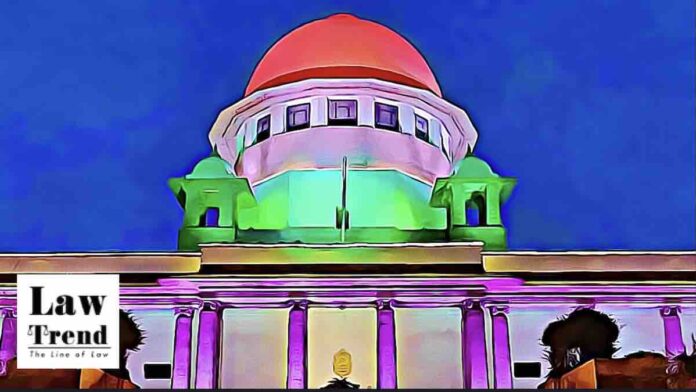The Supreme Court is currently deliberating on whether Customs Officers should be considered police officers and whether the proceedings under the Customs Act should be subjected to the provisions of the Code of Criminal Procedure (CrPC).
This matter arose from a Special Leave Petition filed by the Directorate of Revenue Intelligence (DRI), challenging a judgment by the Telangana High Court that disallowed the custody of respondents to the DRI.
The Supreme Court bench, comprising Justice JB Pardiwala and Justice Manoj Misra, set forth several questions for consideration.
Firstly, the court aims to determine whether a DRI Officer can be deemed a “proper officer” under Section 28 of the Customs Act, 1962.
Secondly, the court needs to establish whether the summons issued by a DRI Officer to a respondent under Section 108 of the Customs Act can be considered jurisdictionally valid.
Additionally, the court aims to clarify whether Customs/DRI Officers are police officers and thus required to register a First Information Report (FIR) for offenses under Sections 133 to 135 of the Customs Act.
Another question to be addressed is whether the provisions of the Code of Criminal Procedure, particularly Sections 154 to 157 and 173(2), should apply to proceedings under the Customs Act, considering Section 4(2) of the Code.
Lastly, the court needs to determine whether the registration of an FIR is mandatory before a person accused under Sections 133 to 135 of the Customs Act can be arrested and produced before a Magistrate.
Also Read
This case is listed for final disposal on July 19, 2023. It is worth noting that in a previous case (Canon India Private Limited Vs. Commissioner Of Customs), a 3-judge bench of the Supreme Court concluded that the DRI is not considered “proper officers” under Section 28(4) of the Customs Act, granted the authority to undertake the process or recovery of duties.
The Telangana High Court held that Customs officers are not authorized to collect incriminating material from accused individuals. The court referenced the constitutional mandates of Article 21 and Article 20(3) to establish that the police or officials investigating a case cannot compel a person accused to make a statement, whether inculpatory or exculpatory.
The Supreme Court’s final determination in this case will ultimately shape the legal framework and practices surrounding customs enforcement and investigation.




